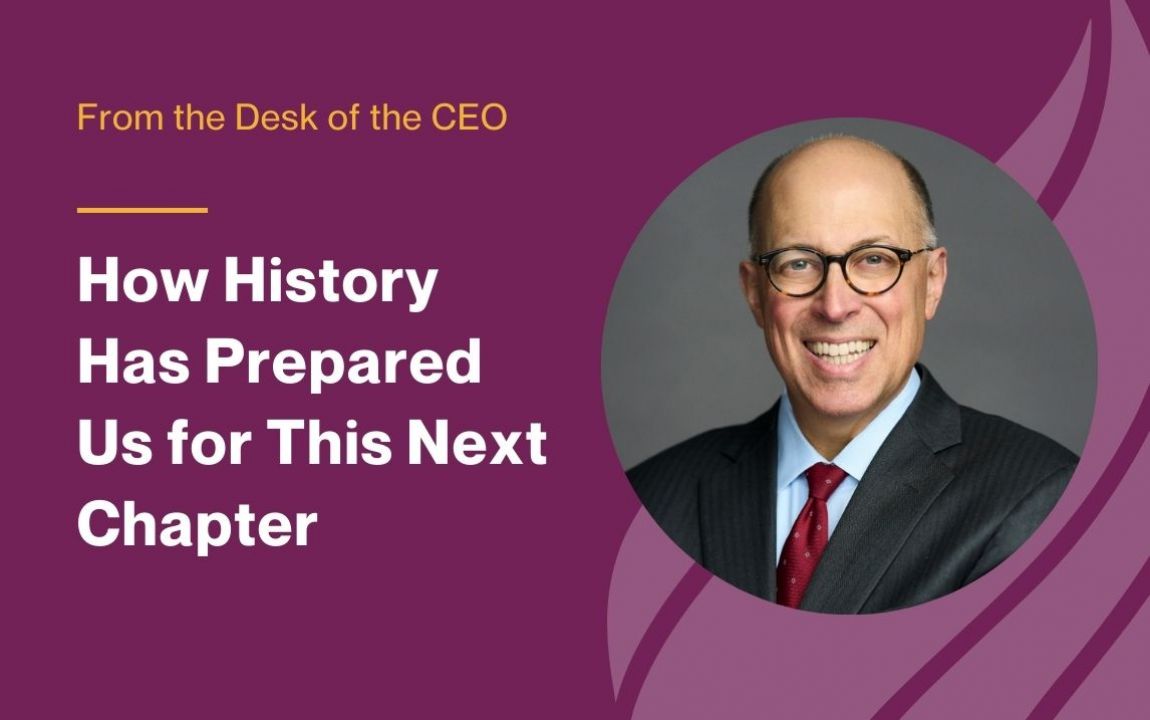The Third Narrative About Immigrants: Why We Need Them as Much as They Need Us
“Give me your tired, your poor, your huddled masses yearning to breathe free, the wretched refuse of your teeming shore.”
For some, the words of poet Emma Lazarus, which have adorned the Statue of Liberty for over 100 years, are a call to help those who are suffering. For others, like Ken Cuccinelli, the acting director of the U.S. Citizenship and Immigration Services, the poem conjures fear that those who come to our shores, borders, and airports may drain our resources. In supporting a new public charge rule that will curtail legal immigration and harm immigrants, Cuccinelli suggested changing those words to: “Give me your tired and your poor who can stand on their own two feet and who will not become a public charge.”
While refugees and asylum seekers are exempt from the public charge rule, there are important facts to relay and stories to tell as President Trump makes it increasingly difficult for asylum seekers to pursue protection in the U.S. and considers shutting down refugee admissions in FY 2020. Both of the above narratives ignore a more important third narrative about immigrants: they are not just victims who need our help; they are peers who aid in our country’s well-being. We see this daily in our work helping refugees and asylum seekers while running the International Institute of New England (IINE) and directing Northeastern University’s Immigrant Justice Clinic (IJC). Statistics show that immigrants strengthen, rather than harm, our economy. According to the Small Business Administration, 18% of all small business owners are immigrants. In fact, immigrants are 30% more likely to start a business than non-immigrants, and according to the Pew Research Center, as our population ages and fewer people have children, the U.S. workforce would be shrinking, if not for immigrants, instead of expanding. As this report from the National Immigration Forum details, refugees are an “overwhelming positive fiscal contributors,” because they “extend the solvency of important programs like Social Security and Medicare while countering the aging of the U.S. workforce.”
The story of Kabagambe Bamunoba is illustrative of these statistics. Kabagambe arrived in Lowell, Massachusetts in 2009 from a refugee camp in Uganda. IINE, a federally monitored refugee resettlement agency, welcomed him, his wife, and children at the airport, placed them in housing, enrolled the family in a healthcare plan and English classes, and helped Kabagambe find his first job. In the summer of 2012, he landed a job at a Brooks Brothers-owned manufacturing plant where he continues to work alongside hundreds of other people who were born outside of the U.S. Kabagambe receives exemplary performance ratings at work and is the kind of employee any company would love to hire. He is a homeowner and taxpayer, two of his children are college graduates, two are attending public schools, and his family are proud members of the Lowell community, a city whose population growth has been fueled almost entirely by immigrants.
Another story, like so many we see, is that of Maria Lopez, whose name has been changed to protect her identity. Maria and her three children fled violence and persecution in Mexico and sought asylum in the U.S. The IJC, which is a pro bono legal clinic within Northeastern University’s School of Law, provided her legal representation on her asylum case. Law students and professors prepared her application materials, linked her with resources for her and her children, and represented her at the asylum interview. The case was successful; she and her children were ultimately granted asylum. Within two months of being granted asylum, Maria had applied for and accepted a teaching position in a low-income neighborhood, found a place to live permanently, and enrolled her children in local schools where they are thriving. Like so many immigrants, after receiving some modest help, Maria quickly became financially independent—or, as Cuccinelli would have it, she stood on her own two feet.
Refugees and asylees, and their children and grandchildren, become active, thriving citizens of U.S. communities. They run businesses, play important roles in companies, teach in our schools, serve on our police and fire departments, help companies grow, and are involved in churches and civic groups. They stand on their own two feet, very quickly in fact, after arriving on U.S. shores.
The truth is our country needs them as much, if not more, than they need us.
Jeff Thielman is President and CEO of the International Institute of New England, and Hemanth C. Gundavaram is a law professor and co-director of the Immigrant Justice Clinic at Northeastern University School of Law.
Related Articles

The International Institute of New England Names Hannah Odaa as Boston Managing Director

2005–2014: Bringing Families Together
